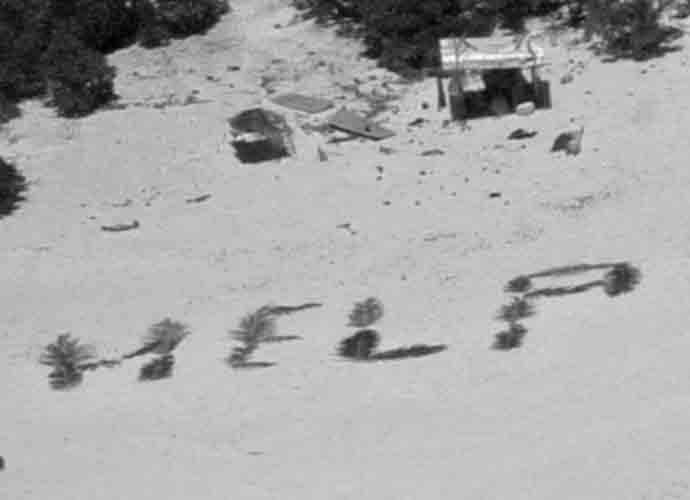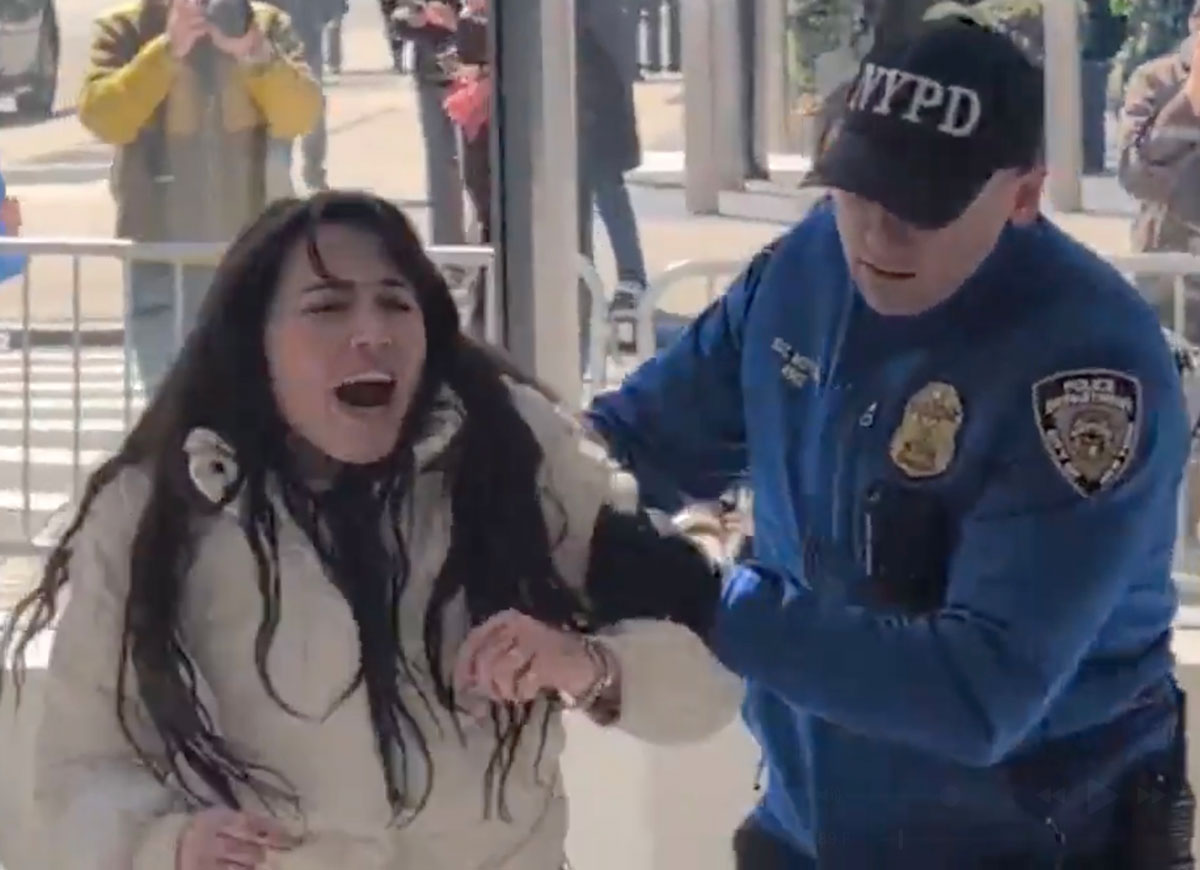U.S. Navy Rescues 3 Stranded Mariners After They Spell ‘HELP’ With Palm Fronds On Beach In Micronesia
The U.S. Navy and Coast Guard rescued three mariners stranded on a remote Pacific Ocean islet for over a week. The trio used palm fronds to spell “HELP” on the island’s white-sand beach, ultimately leading to their rescue.
The incident unfolded when the three men set out on a fishing trip around the Pikelot Atoll in Micronesia on March 31. However, their 20-foot skiff encountered treacherous swells that damaged the boat’s outboard motor. They managed to reach the uninhabited Pikelot but could not call for help as their radio ran out of battery.
Undeterred, the mariners collected palm fronds from the 31-acre island and arranged them to form the distress signal “HELP” on the beach. They patiently awaited rescue, relying on coconut meat for sustenance and accessing fresh water from a small well on the island. The Coast Guard has not disclosed the men’s names.
The search commenced on April 6 after a concerned relative contacted rescue officials in Guam, reporting that the trio had not returned to Polowat Atoll, their departure point on Easter Sunday, located over 100 miles away. Pikelot, part of the Federated States of Micronesia, is an incredibly remote island within the vast expanse of the Pacific.
On April 7, a U.S. Navy P-8A reconnaissance aircraft dispatched from Kadena Air Base in Okinawa, Japan, spotted the palm-frond distress signal on the beach.
The Navy aircraft dropped survival packs on the stranded men and relayed their precise location to the rescue center. The following day, a Coast Guard HC-130 aircraft from Air Station Barbers Point in Hawaii provided the men with a radio.
When the Coast Guard cutter Oliver Henry arrived at Pikelot on April 9, Petty Officer 2nd Class Eugene Halishlius was one of the first rescuers to reach the beach and surprised the stranded mariners with his ability to speak the local language as a Micronesian himself. When he gave his name, the castaways were stunned: Halishlius turned out to be a third cousin to one of the men and a fourth cousin to the others.
In 2020, three other individuals found themselves stranded on the same island after their boat ran out of fuel on a voyage between Micronesian atolls. They, too, spelled out “SOS” on the beach, which eventually caught the attention of a U.S. Air Force tanker crew from Guam’s Andersen Air Force Base. The crew then coordinated efforts with Micronesian and Australian naval units to rescue the castaways successfully.
RELATED ARTICLES
Get the most-revealing celebrity conversations with the uInterview podcast!







Leave a comment